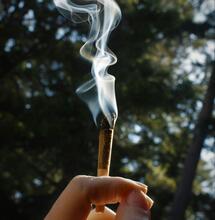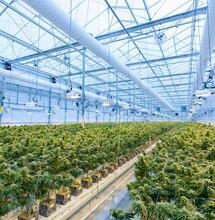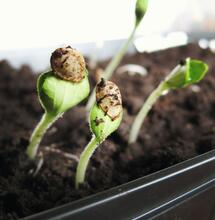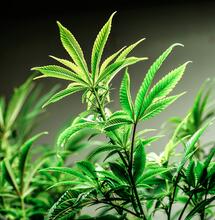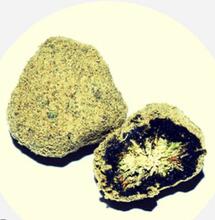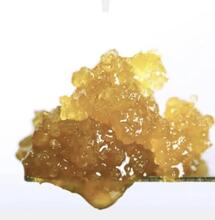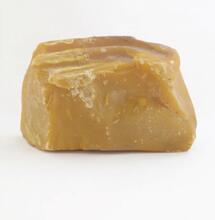What is the Cannabis Experiment?

There are currently 570 coffee shops in 102 different cities and towns in the Netherlands. The government tolerates the sale of cannabis in these coffee shops. Still, there is no toleration policy for the production of cannabis or the supply of cannabis, and both remain illegal. Public opinion has been building to urge the government to manage the problems driven by the toleration policy. The Cannabis Experiment will explore whether and how growers can supply quality-controlled cannabis or hashish to coffee shops legally.
The approach of accepting the sale of cannabis in coffee shops was familiarised in the 1970s to divide the markets for soft and hard drugs. But this partition also caused concerns. Mayors specifically say that the guideline has generated problems in their cities, including public order and public health trouble and crime that sabotages society.
As a result, the current government's coalition deal pledged to carry out a small-scale experiment in ten municipalities. The government wants to determine whether it is feasible to control a quality-controlled supply of cannabis to coffee shops and study the consequences that a controlled supply chain has on public order and public health. The experiment should have begun to 2021 but is now due to start in the second quarter of 2023 although some expect it to happen further toward the end of the year.
The Experiment aims to observe whether and how it is imaginable to decriminalise the reserve of quality-controlled cannabis to coffee shops by growers. Decriminalisation means revising the law so that it is no longer a criminal violation to grow, circulate or sell cannabis within the framework of the investigation. The government also wants to analyse the results of the inquiry into the issues encountered by specific cities in terms of crime and public health.
During the Experimentation, coffee shops in the ten participating metropolises will sell regulated, quality-controlled cannabis. The cannabis will be yielded by no more than ten growers, selected via a choice procedure. The appointed growers and the coffee shops will then confer as to what strains of cannabis will be grown.
The Experiment will Consist of an introductory phase, a transitional phase, the testing phase (including evaluation), and a fulfilment phase.This will guarantee a gradual shift from the present circumstances to the Experiment and back again. The new legislation will apply throughout.
Ten cities have been chosen to partake in the Experiment. All the coffee shops in these regions must take part. Before the Experiment began, Dutch cities could apply to participate. In August 2019, the independent advisory committee chaired by Professor André Knottnerus recommended to the Minister for Medical Care and the Minister of Justice and Security which municipalities should participate in the Experiment.
Under the new experiment the mayors in the chosen regions will be able to decide whether to allow coffee shops in their municipalities. Mayors can still set rules for these coffee shops, such as location and opening times.
Mayors are permitted to take steps – including forcing closure – if a participating coffee shop deviates from the Experiment's rules. A majority of the existing rules will still apply throughout the Experiment. Currently, coffee shop owners are not allowed to do partake in any of the following
- advertise;
- cause any public annoyance;
- sell considerable quantities in a single transaction;
- sell hard drugs
- serve or sell alcohol
- serve or have children on the premises
During the Experiment, different rules will apply to the subsequent issues. The present limitation of 500 grammes will not apply during the Experiment. Coffee shops typically hold up to one week's stock on the premises. However, mayors may set regional rules for how the weekly turnover will be defined. In addition, mayors can impose further local regulations, such as selecting a lower inventory limit.
During the Experiment, coffee shop proprietors must hold their stocks of cannabis on the premises. Cannabis that has been requested but not delivered is not calculated as inventory. So coffee shop owners may have a pending order with a selected grower. Coffee shops may purchase, stock and trade cannabis from selected growers only.



